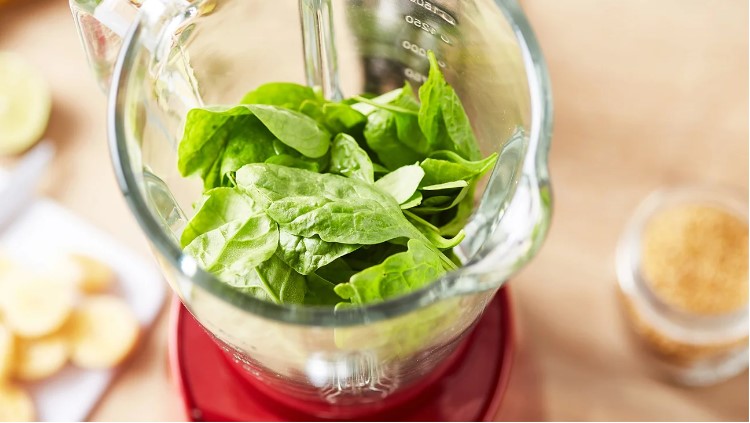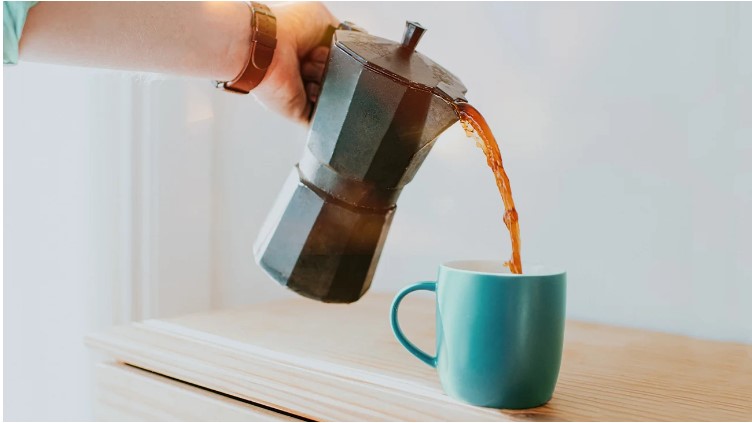
Migraine has no known cure, so making diet and lifestyle changes is crucial for finding relief. Drinks that may help alleviate headaches and migraine attacks include green smoothies, fruit-infused water, and milk. It’s important to avoid beverages with ingredients that trigger your migraine episodes.
According to the National Center for Complementary and Integrative Health (NCCIH), migraine is a neurological condition affecting about 8 percent of people in the United States. The symptoms of a migraine episode can vary widely, but they are often significant enough to disrupt everyday activities. Since there is no cure for migraine, treatment, lifestyle adjustments, and dietary changes are essential for improving your quality of life.
In fact, some drinks may help reduce the severity and frequency of your migraine symptoms. However, be mindful that certain ingredients can trigger migraine attacks. Before trying any of the recommended drinks, ensure they do not contain any substances known to aggravate your symptoms.
Although these drinks can be a helpful way to ease a headache at home, they are not a standard remedy or a substitute for traditional treatment and prevention strategies for migraine attacks. You should work with your doctor to develop a tailored treatment plan.
Keep reading to discover 8 of the best drinks for relieving headaches and migraine attacks.
1.Decaffeinated Coffee
While excessive caffeine can trigger migraine attacks in some individuals, giving up your daily cup of coffee can be challenging. Switching to decaffeinated coffee might help.
When making the transition, try to gradually reduce your intake of caffeinated coffee to avoid caffeine withdrawal, which is another potential migraine trigger.
According to the American Migraine Foundation, coffee companies are allowed to label their products as “decaf” if 97.5 percent of the caffeine is removed. This means that an 8-ounce cup of decaf coffee can still contain up to 15 milligrams of caffeine, according to the U.S. Food and Drug Administration (FDA). Therefore, you may want to limit yourself to just one cup per day.
2.Green Tea
If you’re seeking an alternative to decaf or regular coffee with a balanced caffeine content, consider brewing some green tea.
An 8-ounce cup of green tea contains between 30 and 50 milligrams of caffeine, compared to the 80 to 100 milligrams found in the same serving of regular coffee, per the FDA.
Green tea, like its black and oolong counterparts, is made from the leaves of the Camellia sinensis plant and is praised for its antioxidant properties.
Although green tea is reputed to help alleviate headaches, more research is necessary to determine its effectiveness in preventing migraine attacks for everyone.
3.Feverfew Tea
Feverfew, an herb derived from a flowering plant, has been found to potentially alleviate symptoms of migraine attacks, including pain, light sensitivity, and nausea, according to the National Center for Complementary and Integrative Health (NCCIH).
You can brew feverfew into a tea. However, it’s important to note that chewing feverfew leaves may cause mouth ulcers, as indicated in a 2011 research review. Some headache specialists recommend taking feverfew in capsule form instead.
Before drinking feverfew tea for migraine relief, consult your doctor, especially if you have a history of allergies. Avoid feverfew entirely if you are pregnant or breastfeeding.
4.Peppermint Tea
Peppermint oil is known for its analgesic effects and is commonly used in alternative medicine as a topical treatment for tension headaches, according to the NCCIH.
Drinking peppermint tea and inhaling its aroma may also offer benefits during a migraine episode, particularly if you’re experiencing throbbing head pain. A 2006 research review found that peppermint tea had a pain-relieving effect in animal studies, though more research is needed to confirm its effectiveness for migraines in humans.
Peppermint tea is caffeine-free, so you can enjoy it any time of day without worrying about it affecting your sleep.
5.Ginger Tea
Ginger tea, another caffeine-free herbal option, may also provide relief during migraine episodes. This tea is made from the root of the ginger plant.
According to the NCCIH, ginger is particularly effective at reducing nausea and vomiting associated with migraine attacks. Even if you aren’t currently experiencing these symptoms, you might appreciate the spicy taste as an alternative to other teas.

6.Water
In addition to other beverages, it’s crucial to drink sufficient water throughout the day. Staying hydrated helps prevent dehydration, a common trigger for migraine attacks.
You can also prevent dehydration by drinking water before and after exercise, as well as increasing your intake during warmer weather.
7.Fruit-Infused Water
For those who find plain water unappealing, fruit-infused water offers a flavorful and enjoyable way to stay hydrated, thereby potentially avoiding migraines triggered by dehydration.
Simply add chopped fresh fruit to a glass of water for added taste and a nutritional boost. Depending on the fruit you choose, you may also gain benefits such as vitamin C and other antioxidants.
8.Grape Juice
Grape juice, a childhood favorite, offers benefits that extend into adulthood.
A 1/2-cup serving of grape juice contains about 10 mg of magnesium, an essential mineral that may help reduce the frequency and severity of migraine attacks.
Magnesium deficiency has been linked to irregular nerve transmission, which can contribute to migraine episodes.
Adult women need between 310 mg and 320 mg of magnesium per day, while adult men require between 400 mg and 420 mg per day, depending on age.
Ensuring you get the recommended amount of magnesium is also vital for other bodily functions, including metabolism, cardiac health, and muscle contractions.
